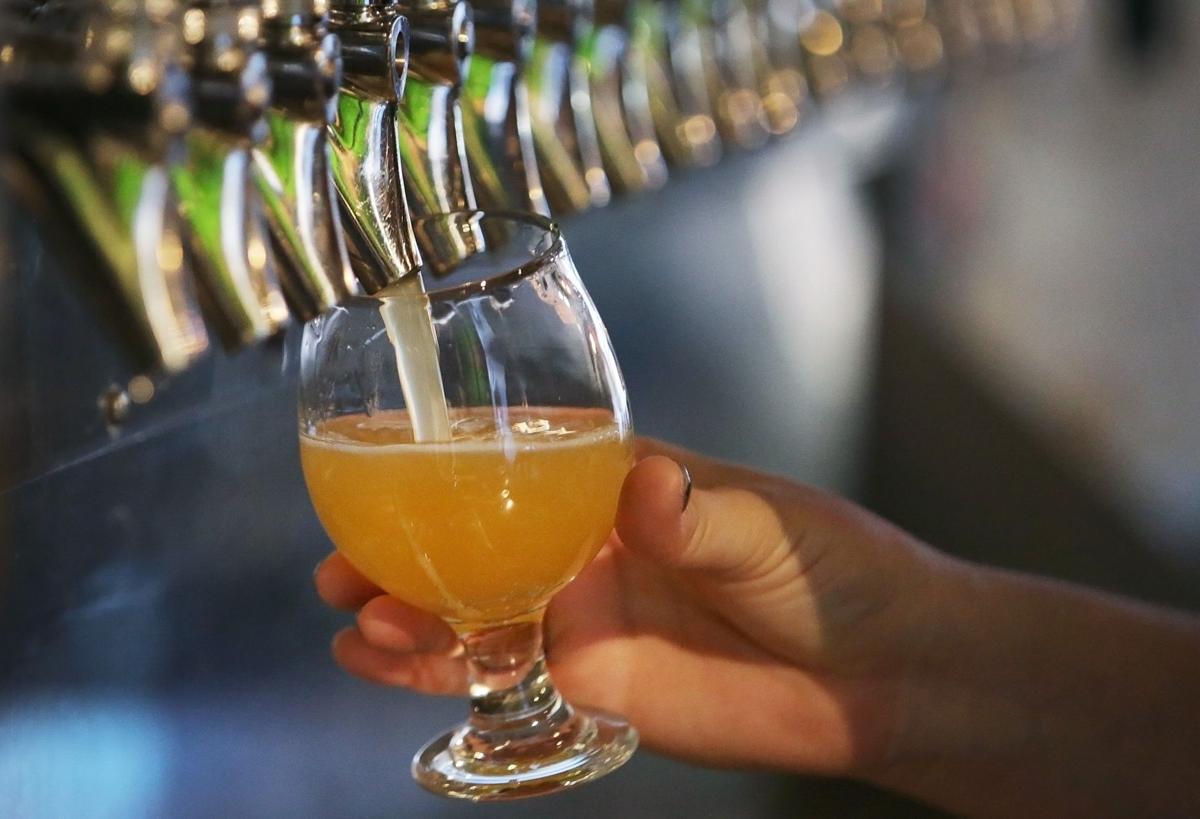PHOENIX — State lawmakers are moving to make sure that thirsty Arizonans can get a glass of wine or beer at more locations, including barbershops, beauty parlors and spas.
Current law allows the Department of Liquor Licenses and Control to issue one Series 7 license for every 10,000 residents of a county. Those licenses allow the sale of beer and wine for on-site consumption as well as to take home.
But a provision buried in wide-ranging legislation dealing with the liquor industry would mandate one new license every time the population grows by 5,000, at least for the next five years. HB 2337 gained approval of the Senate Committee on Commerce and Public Safety on a 6-1 vote.
It now goes to the full Senate. The House already has approved most other provisions in the bill — including the additional liquor licenses.
Quotas have existed in the liquor industry for years, to protect neighborhoods while also ensuring there is not unlimited competition.
“You don’t want proliferation. But you want enough to meet demand,” said Don Isaacson. He lobbies for the Arizona Licensed Beverage Association, which represents liquor retailers.
One license for every 10,000 residents was fine when they were being issued solely to bars and restaurants that served only beer and wine, said liquor industry lobbyist Nicholas Guttilla. That’s no longer the case.
“What they’re doing now is allowing barbershops, salons to serve beer and wine,” he said. For example, a beauty shop might want to serve champagne to a prospective bride and her court while they’re getting made up for the big event.
But to do that, it would have to have a Series 7 license. “There’s none on the open market,” Guttilla said.
It’s not just the bar owners who find themselves coming up empty-handed when they apply for a license. “It has really drained, ... the amount of 7s available for traditional purposes,” such as restaurants, Isaacson said.
Some might see that as the purpose of the quota.
“The quota’s kind of arbitrary,” Guttilla countered. “You can make the quota anything you want.” He said the demand for Series 7 licenses shows that quota isn’t working.
There are other options, at least for some retailers. For example, the state also issues Series 12 licenses for restaurants.
The number of Series 7 licenses varies widely around the state. The effect of the bill, if it becomes law, would depend on how quickly each county is growing.





